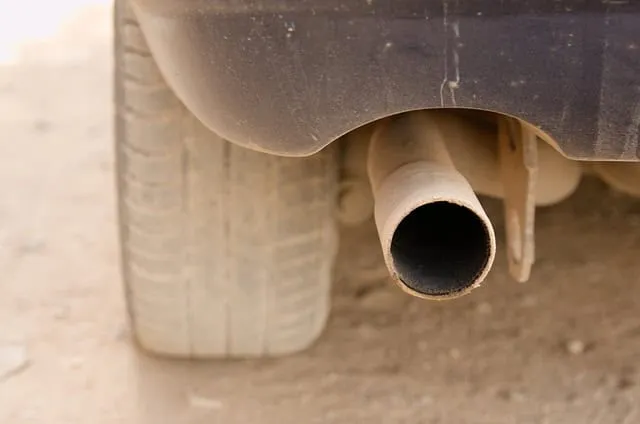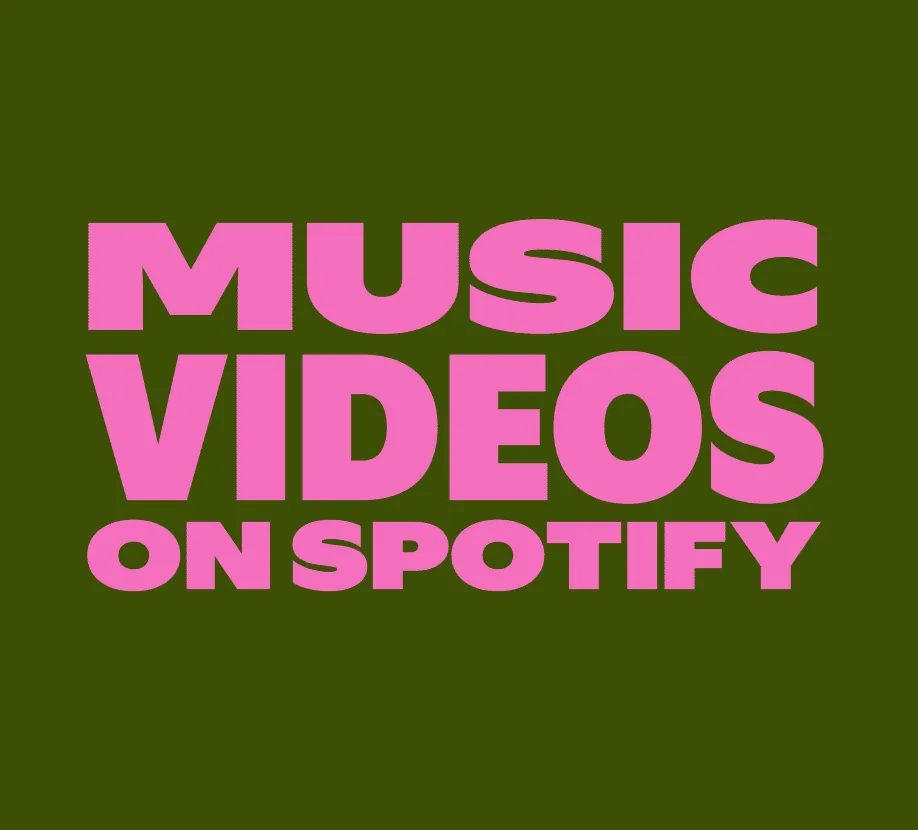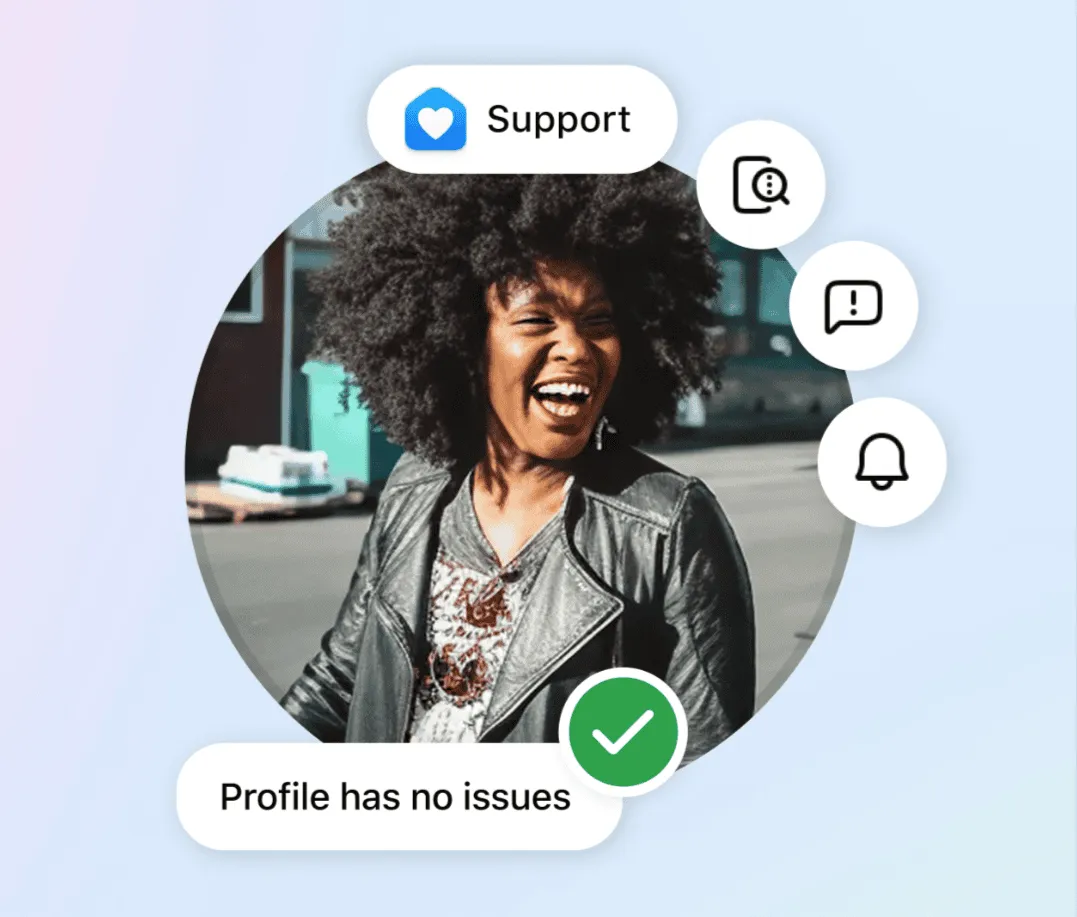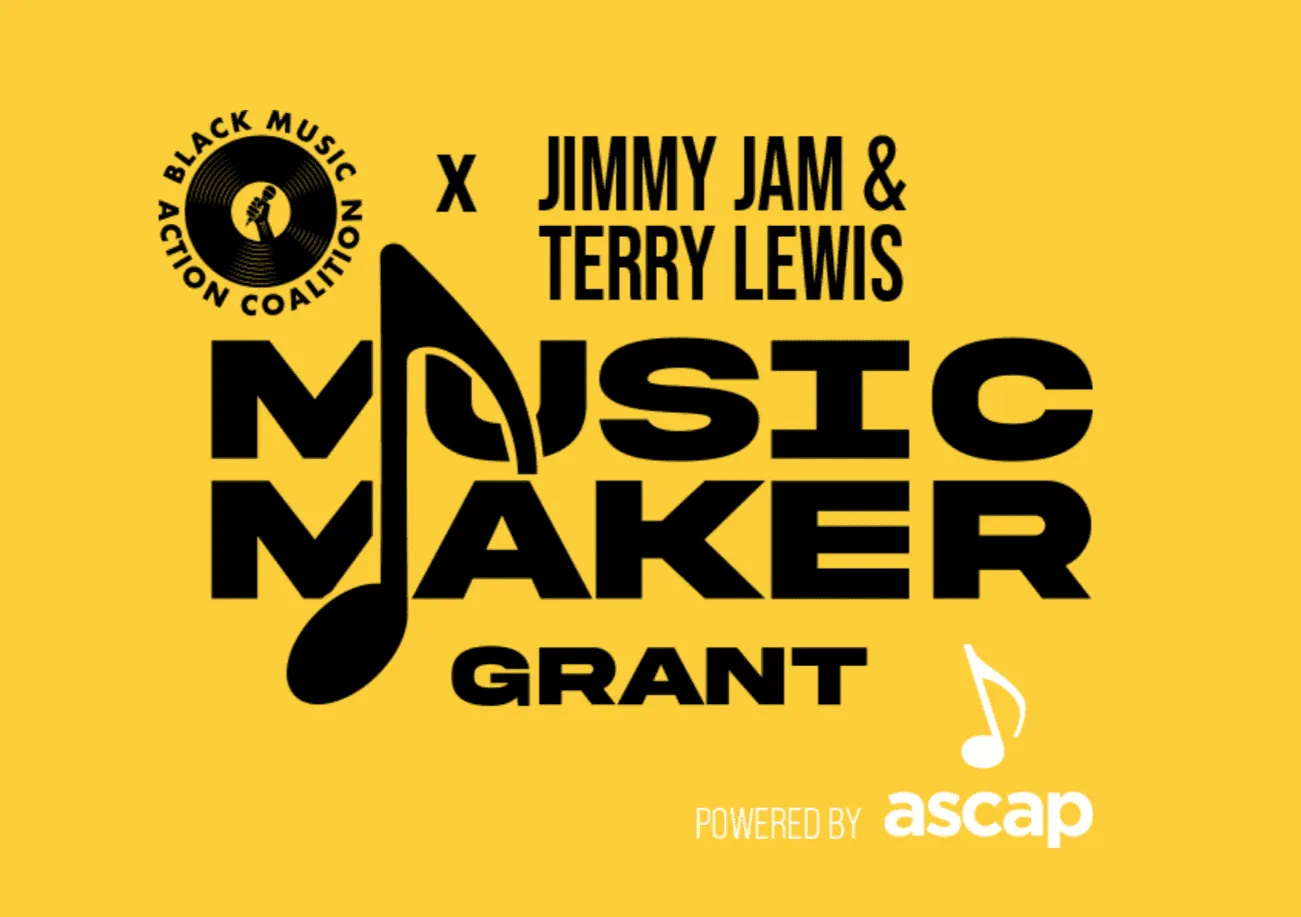The world is about to embrace streaming music and and a lot has been written about the technical specifications of several streaming music services already. What is often still underexposed however, is the way this new era of consuming music is affecting the way we listen, organize and collect music. The music lover is standing on the threshold of a collection that consists only of links to streams. In the era of streaming music, what is left of the relationship between the collector and his collection?
Why Collect?
The collector is connected with the separate parts of his collection and without the owner, the collection also loses the biggest part of its meaning. A collection therefore is more than a chaotic gathering of stuff, it is a way to structure and visualize images and memories from the past. It's a reflection of someone's life and his identity. How often do we look at someone's music collection to find out what kind of person he or she is?
The End of Tactile Information Carriers
The tactile collection like Benjamin described it has been disappearing in the last years. Vinyl got replaced by CDs in the 1980s, the CD collection was ripped to the computer and eventually it was transferred to iPod or smartphone. The developments in online streaming music are now making music disappear from our hard drives. More and more the collection will be stored in the cloud. What remains of the relation between the collector and his collection when the collection is a weightless, endless cloud of data?
When the American author Julian Dibbel in 2000 wrote an essay in line with Benjamin, he describes how he is digitizing his CD collection. When digitizing his collection he declares that this doesn't feel like just moving the music but more like reviving it. Those who have already transferred their MP3 collection to Spotify will probably share this opinion. Like unpacking the books made Benjamin remember all those moments in his life and this also happened with Dibbel ripping his CD collection this will also happen when organizing the new online streaming music collection.
Of course the developments in the personal music collection results in the disappearance of some trusted elements that are associated with collecting. The most important of them probably is the disappearance of tangibility. Like many book lovers are attached to having a book in their hands, many will also love to hold carriers of music, whether these are gramophones, vinyls or CDs. This tangibility was already steadily decreasing in the era of MP3 and will continue to do so in the age of streaming music. However, the developments also result in new infusions becoming a part of collecting. The most important of them
probably is the amplification of the social element in music. Music has always been a part of social life but developments in online music have amplified this element and gave it more attention. Napster connected music lovers to fellow collectors, Last.fm connects people with the same taste in music and in the latest updates of big stream services like Spotify and MOG, music collections are being tied to Facebook profile pages giving social features like sharing and discovering music via friends a central place.
Old habits and pleasures don't have to disappear in the age of streaming music though, which can be seen in the popularity of playlists and personal compilation albums that are being assembled and shared in and around these new music services. In history, one of the main activities of the collector has been making order in the different parts of his collection. Vinyls and CDs were arranged on release date, genre or special occasion and keeping this order in the collection was an activity that enabled the collector to take a trip down memory lane. This habit persists and revives in the age of streaming music with the ease with which everyone can organize their collection into compilations and sub-collection with just a few clicks.
In the age of streaming music, the way one builds a music collection, the looks of it and the way it is maintained differs from the collection as we used to know it. But is the intimate relationship between collector and collection disappearing in the age of streaming music? The ease with which an old classic record can be rediscovered, the accessibility of the collection and the renewed connection with fellow collectors shows that this opinion would be wrong. When we look at the developments in online streaming music, we can see that the ways in which a collector can give meaning to an otherwise rather chaotic gathering of stuff, is only increasing. With this, the passion that goes into collecting is only increasing in the age of streaming music.




